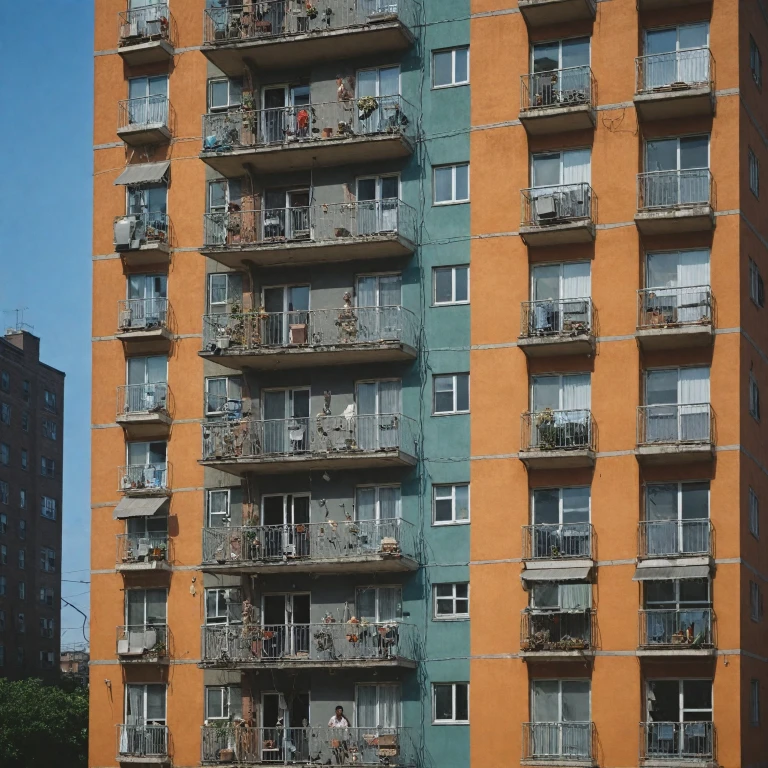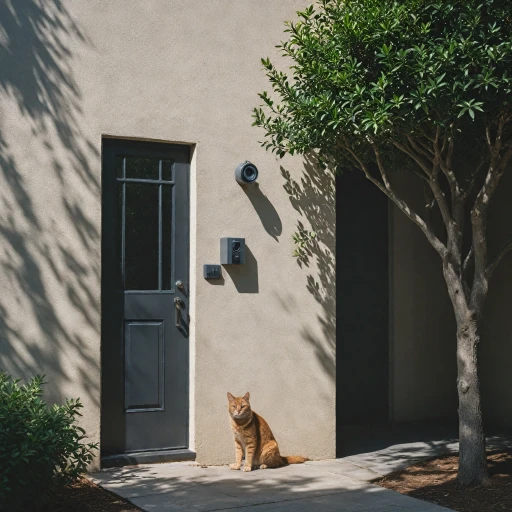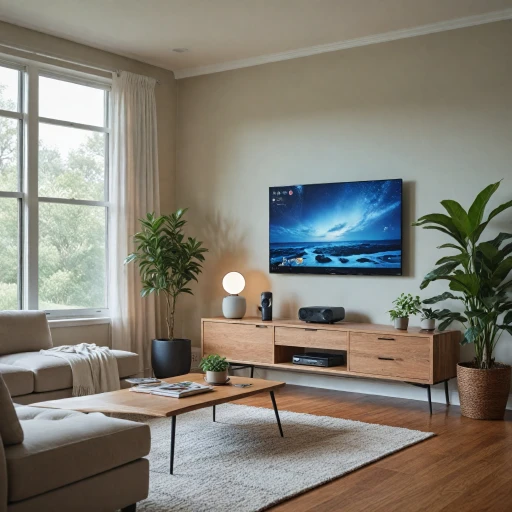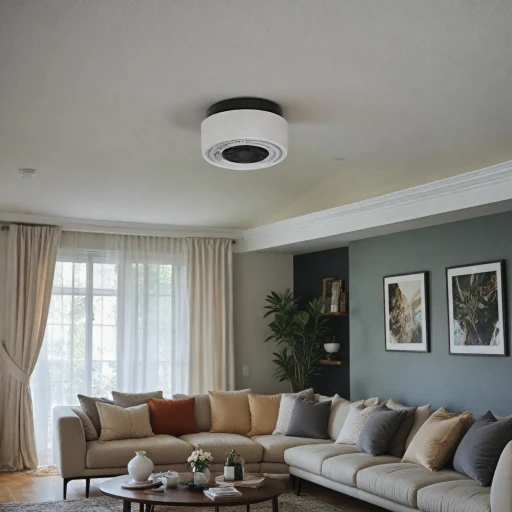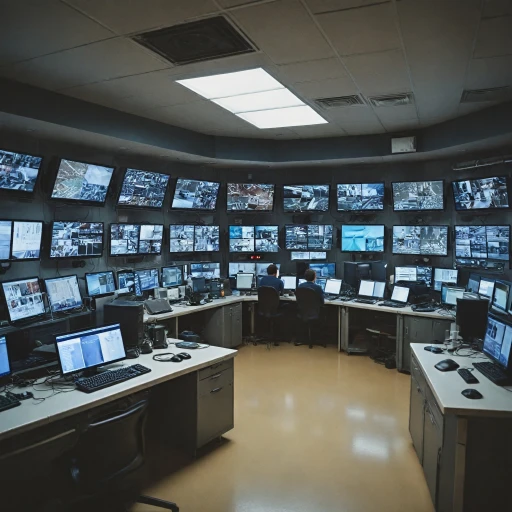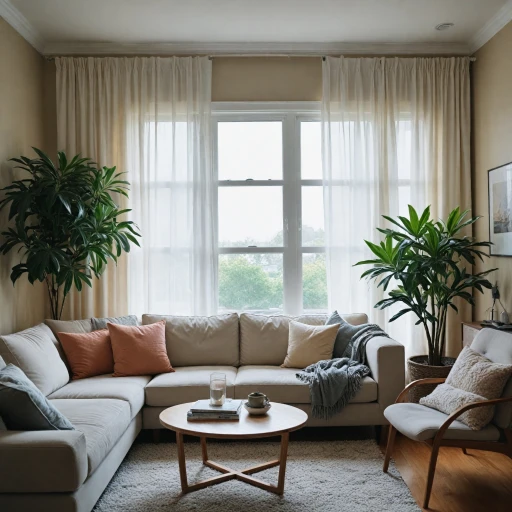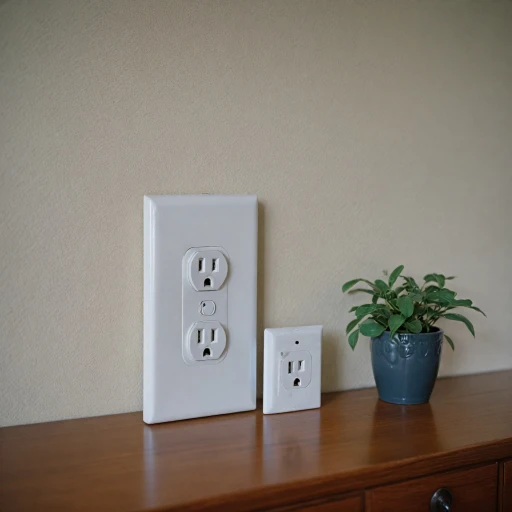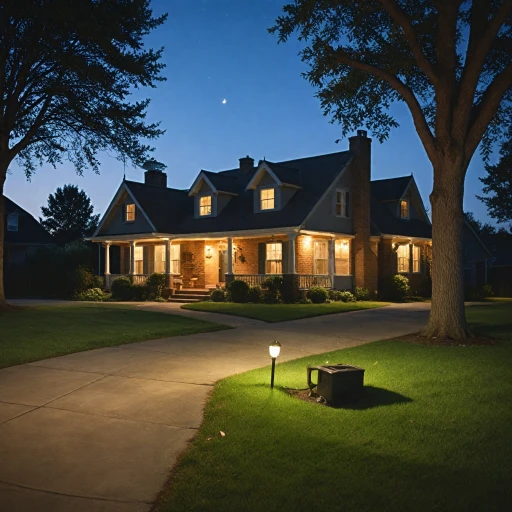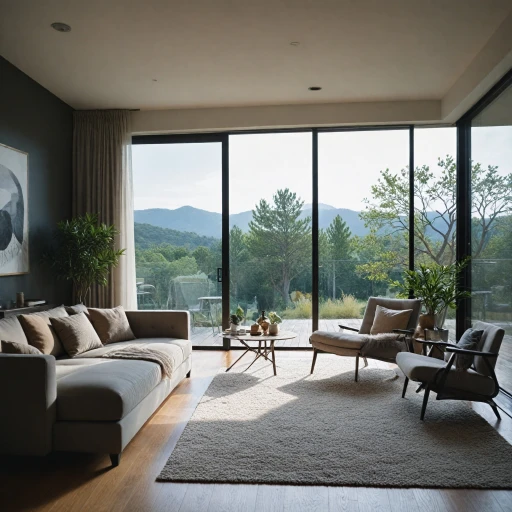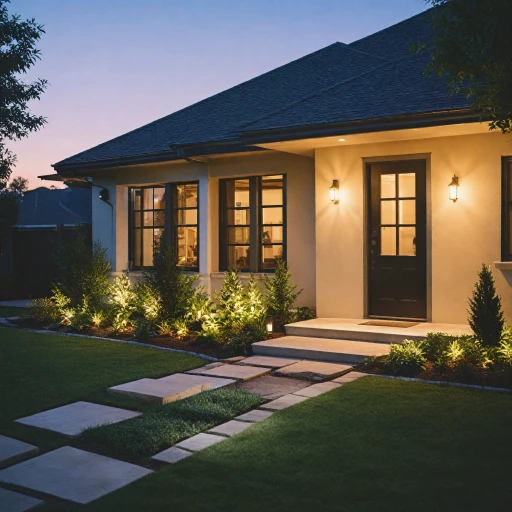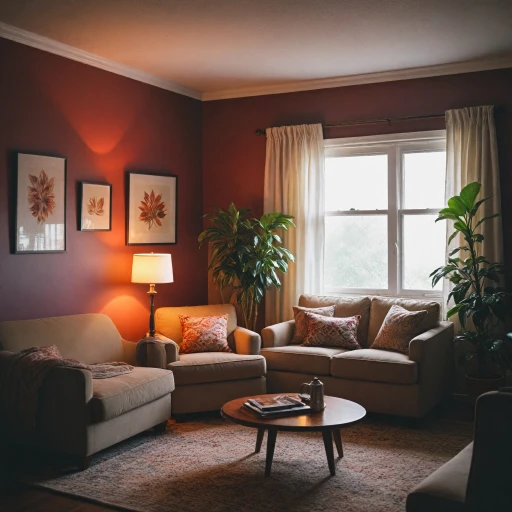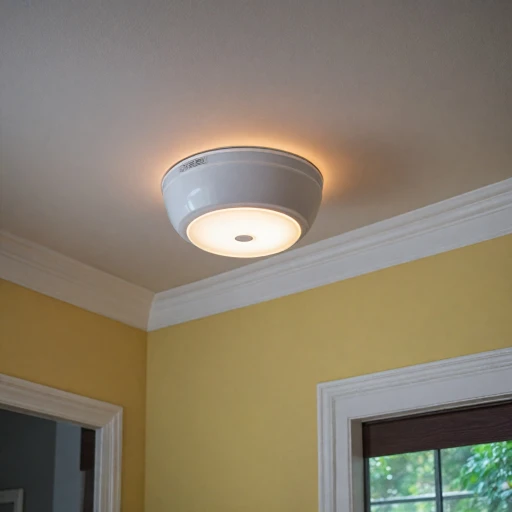
Navigating Privacy Concerns
Balancing Personal and Property Rights
Understanding the balance between privacy concerns and property rights is crucial when dealing with apartment security cameras. Tenants and landlords may have differing views on the necessity and implications of surveillance. Installing security systems in rental properties comes with numerous considerations, primarily revolving around ensuring tenants' privacy while maintaining security. Surveillance cameras may cover "common areas" of the property, such as lobbies or parking lots, where a "reasonable expectation of privacy" cannot typically be claimed. However, tenants generally have a right to privacy within the "inside apartment", where audio recording or video surveillance could raise substantial legal and ethical issues. Landlords differ in opinion regarding the placement of surveillance cameras. While some may view it as essential for safeguarding the property against unauthorized entry or damage, others need to recognize that tenants have distinct rights to privacy. This dichotomy requires clear communication and awareness of the "camera laws" governing the area. Ensuring compliance with legal obligations and respecting tenants' rights involves understanding and implementing the concept of "consent and notification" regarding surveillance systems. It is often recommended to provide tenants with a notice about camera installation and usage, potentially outlining this in the "lease agreement". Moreover, clearly displayed "security camera surveillance signage" can aid in fulfilling legal requirements and maintaining transparency. For more insights on the importance of signage in surveillance, visit this blog post. Tenants, on the other hand, should be aware of their rights and engage in open communication with their landlords concerning their security measures. Understanding these dynamics is essential for avoiding disputes over privacy infringement and unauthorized surveillance. This balance of safety and privacy contributes to establishing a secure and comfortable living environment for renters and a well-protected investment for property owners.Legal Framework for Security Cameras in Apartments
The Legal Dimensions of Apartment Surveillance
Understanding the legal framework governing the use of security cameras in rental properties is crucial for both tenants and landlords. The installation and use of these devices can often raise questions about privacy and the rights of individuals occupying these spaces. Apartment security policies vary greatly; hence, it's vital to refer to local laws regarding video surveillance. Authorities typically require a "reasonable expectation of privacy" for tenants, which means cameras should not invade private spaces such as inside the apartment or bathrooms. Here's a breakdown of key legal points to consider:- Public vs. Private Areas: Security cameras are generally permitted in common areas like entrances, hallways, and parking lots. However, recording inside apartments without consent breaches tenants' privacy rights.
- Consent and Notification: It's essential for landlords to seek tenant consent before installing cameras in areas where residents can expect privacy. Notification regarding the presence of surveillance cameras should also be included in the lease agreement.
- Audio Recording: Many jurisdictions have stricter laws concerning audio recordings. Including sound with video surveillance often requires explicit consent from tenants.
Landlord and Tenant Responsibilities
Responsibilities of Both Parties
When it comes to the installation and usage of security cameras in rental properties, both landlords and tenants have specific responsibilities to maintain a balanced approach between safety and privacy. Understanding these responsibilities is crucial to ensuring compliance with legal obligations and fostering a harmonious relationship.
Landlord's Obligations:
- Landlords must ensure that any surveillance cameras installed in common areas of the apartment complex do not invade the personal privacy of tenants. It is important that cameras are placed in a manner compliant with local privacy expectations.
- They are responsible for informing tenants about the presence and purpose of surveillance cameras, including the specific areas under video monitoring.
- Consistent with legal standards, landlords must avoid placing cameras in private spaces such as inside apartments, which might violate a tenant's reasonable expectation of privacy.
- Maintaining the security system is crucial to ensure the cameras are functioning properly and to prevent unauthorized access to the video recordings.
Tenant's Obligations:
- Tenants should review their lease agreements to understand the scope of surveillance on the property. This helps in avoiding any confusion regarding what is permissible under the agreement.
- Communication with the landlord is essential if a tenant has concerns about camera placements that might impinge on privacy or conflict with agreed terms.
- In some cases, tenants might wish to install their own security cameras inside their rented spaces. It's important to obtain landlord consent and ensure compliance with relevant laws.
The responsibility of installing security systems involves finding the right balance between effective surveillance and respecting privacy. For further guidance on installation and maintenance, explore these effective tips for maintaining your home security cameras.
Consent and Notification Requirements
Agreeing on Transparency and Communication
When it comes to the installation of security cameras in an apartment complex, both landlords and tenants should prioritize openness and effective communication. Consent and notification requirements are critical in maintaining trust and legal compliance. In most jurisdictions, landlords are legally obligated to inform tenants about the installation of surveillance systems within rental properties. This transparency helps in ensuring tenants feel secure and respected when it comes to their privacy. Communication should include details about the areas under surveillance to clarify the scope of the monitoring, reducing the potential for disputes. Here's a concise guide to maintaining transparency through consent and notification:- Lease Agreements: Landlords should incorporate information about recording devices in lease agreements. This not only sets clear expectations but also helps establish a legal framework for tenant consent.
- Written Notification: Before installing security cameras in common areas, such as hallways or lobbies, landlords should provide written notice to all tenants. This notice should specify where the surveillance cameras are installed, the areas being monitored, and the purpose of the monitoring.
- Respecting Privacy: Cameras should not be installed in places where tenants have a reasonable expectation of privacy, like inside apartment units or bathrooms. Also, hidden cameras are not advisable as they can lead to a breach of trust and legal complications.
- Consensual Audio Recording: When it comes to audio recording, explicit consent is usually required due to stricter privacy laws compared to video surveillance. Obtain written consent if your security system includes audio capabilities.
- Open Dialogue: Encouraging an open dialogue between tenants and landlords can help address any concerns and ensure everyone’s comfort with the security measures in place.
Best Practices for Security Camera Installation
Ensuring Effective and Respectful Camera Placement
When installing security cameras in rental properties, it is crucial to balance security needs with privacy concerns. Proper placement of surveillance cameras can enhance security while respecting tenants' privacy rights. Here are some best practices to consider:
- Focus on Common Areas: Install security cameras in common areas such as entrances, hallways, and parking lots. These are spaces where there is a reasonable expectation of surveillance, and they can help deter unauthorized access.
- Avoid Private Spaces: Avoid placing cameras inside apartments or areas where tenants have a reasonable expectation of privacy, such as bathrooms or bedrooms. This respects tenants' privacy and aligns with legal standards.
- Consider Audio Recording Laws: Be aware of the legal implications of audio recording. In many jurisdictions, recording audio without consent is illegal, so it's best to disable audio features unless explicitly allowed.
- Use Visible Cameras: Visible cameras can act as a deterrent to potential intruders. However, ensure that their presence is communicated to tenants, aligning with consent and notification requirements.
- Regular Maintenance: Regularly check and maintain the cameras to ensure they are functioning correctly. This includes checking the recording quality and ensuring that the cameras are not obstructed.
By following these best practices, landlords can create a secure environment that respects tenant privacy and complies with legal obligations. Remember, clear communication with tenants about the purpose and placement of cameras can help prevent disputes and foster a sense of security.
Resolving Disputes Over Security Cameras
Resolving Conflicts Over Surveillance Installations
In situations where disagreements arise between tenants and landlords over the installation of security cameras within apartment complexes, it's essential to address these conflicts with clarity and respect. Understanding the rights and responsibilities of both parties, along with the relevant laws and regulations, can aid in finding a resolution. Open communication is crucial in resolving disputes. Landlords should ensure that tenants are well-informed about any security camera installations, especially regarding areas where there is a reasonable expectation of privacy. Tenants, on their part, must voice their concerns clearly and adhere to the terms outlined in their lease agreement. To navigate these disputes effectively:- Review Lease Agreements: Begin by consulting the lease agreement, which often contains specific clauses about surveillance policies and tenant privacy. If the lease includes provisions for video surveillance, tenants should be made aware upon signing.
- Understand Legal Boundaries: Both parties should familiarize themselves with the legal framework governing surveillance in rental properties. Local laws may dictate specific instances where consent is mandatory, especially in interior or semi-private spaces.
- Establish Clear Boundaries: Landlords need to delineate between common areas, where surveillance is generally permissible, and areas that could infringe on tenant privacy if monitored without prior consent.
- Consult Legal Guidance: If conflicts persist, seeking legal advice can offer a clearer understanding of rights under the applicable laws, potentially leading to mediation or a mutual agreement.
- Use Mediation Services: Enlisting a neutral third-party mediator can assist in reaching a compromise that considers both privacy concerns and security needs.

